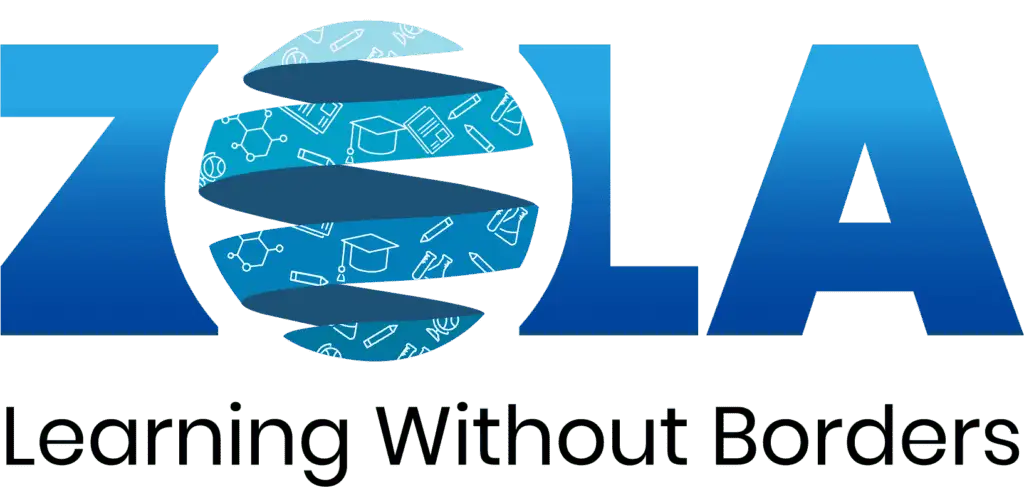Introduction on The Role of Technology in Modern Education:
In the dynamic landscape of education, technology has emerged as a catalyst for transformative change. The integration of technology in modern education is reshaping traditional teaching methods, enhancing student engagement, and preparing learners for the challenges of the 21st century. This blog explores the pivotal role of technology in modern education and its profound impact on the learning experience.
- Interactive Learning Platforms: Engaging Students in the Digital Era
One of the primary contributions of technology to modern education is the creation of interactive learning platforms. These platforms leverage multimedia elements, interactive simulations, and gamified content to make lessons more engaging. Students can actively participate in their learning journey, reinforcing concepts through interactive activities that cater to diverse learning styles.
- E-Learning and Online Courses: Accessible Education Anytime, Anywhere
The advent of e-learning and online courses has democratized education, making it accessible to learners globally. With the flexibility of accessing course materials at any time and from any location, technology has eliminated geographical barriers. Online courses cater to diverse learners, including working professionals, allowing them to pursue education without compromising their existing commitments.
- Digital Resources and Multimedia Content: Enhancing Learning Materials
Technology has revolutionized the creation and dissemination of educational materials. Digital textbooks, multimedia presentations, and interactive content provide a rich and dynamic learning experience. The incorporation of visuals, videos, and animations not only captures students’ attention but also facilitates a deeper understanding of complex concepts.
- Virtual and Augmented Reality: Immersive Learning Experiences
Virtual and augmented reality technologies bring a new dimension to education by offering immersive learning experiences. Students can explore historical events, dissect virtual organisms, or engage in virtual field trips. This hands-on, experiential learning fosters deeper comprehension and retention of information, making complex subjects more accessible.
- Adaptive Learning Systems: Personalizing Education for Individual Needs
Technology enables the development of adaptive learning systems that tailor educational content to individual learning needs. By leveraging artificial intelligence (AI) algorithms, these systems assess students’ strengths and weaknesses, providing personalized learning paths. This approach ensures that each student receives targeted support, enhancing overall comprehension and academic performance.
- Collaborative Tools and Communication Platforms: Fostering Student Interaction
Technology facilitates seamless communication and collaboration among students and educators. Collaboration tools, discussion forums, and communication platforms break down physical barriers, enabling students to engage in discussions, group projects, and peer learning. This interconnectedness enhances the sense of community and promotes collaborative learning.
- Cloud-Based Learning Management Systems: Streamlining Educational Processes
Cloud-based learning management systems (LMS) have streamlined administrative processes in education. From storing and sharing resources to managing assignments and assessments, cloud-based LMS enhances efficiency. Educators can easily track students’ progress, provide feedback, and adapt teaching strategies based on real-time data.
Conclusion:
As we navigate the complexities of modern education, the role of technology emerges as a guiding force, revolutionizing the way we teach and learn. From interactive learning platforms to virtual reality experiences, technology is not just a tool but a transformative agent shaping the future of education. Embracing these advancements ensures that educators and learners are well-equipped to navigate the evolving landscape of knowledge dissemination.




